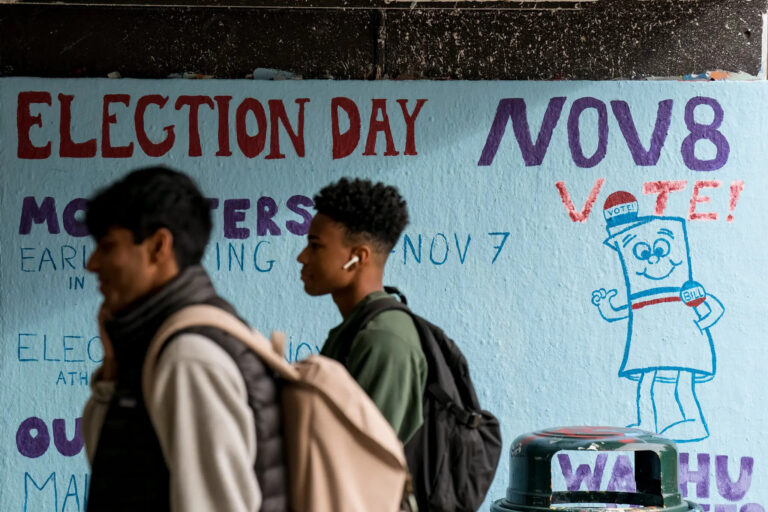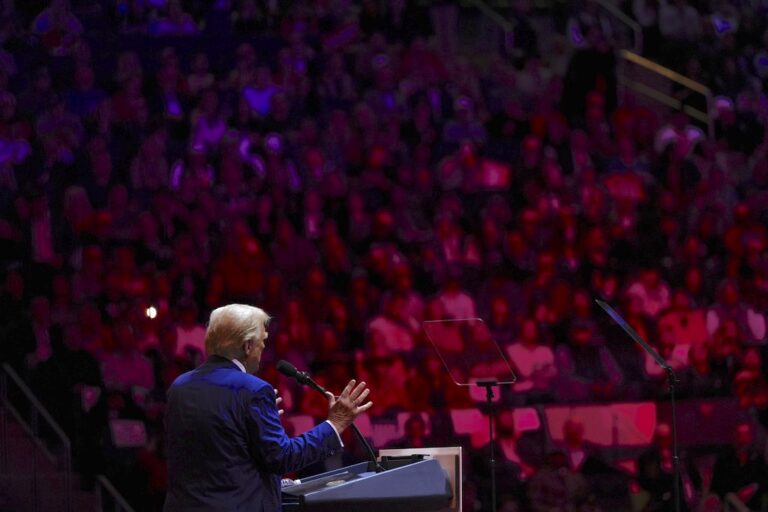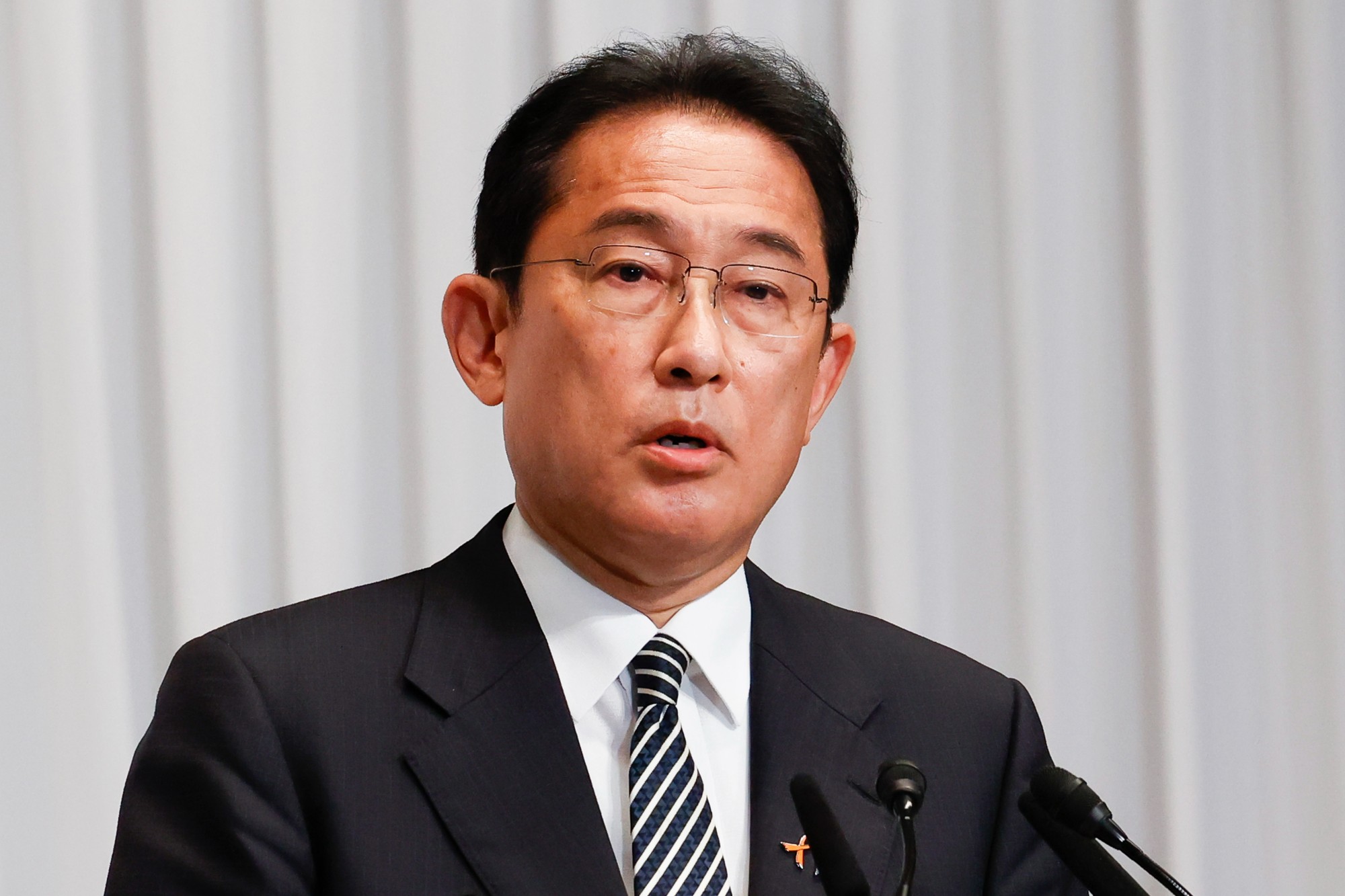
On October 31st, 2021, Japan had an emergency snap election. This election was thought to be the likely downfall of the ruling party, the Liberal Democratic Party (LDP). Many political scientists have argued that the LDP is the most successful party of all time, so the election has major ramifications. The LDP has been the majority party in every election since its foundation in 1955, (other than a brief stint from 2009 to 2012). This is by far the most democratic elections won consecutively by one party in the world in the modern era.
The modern LDP is defined by the legendary figure of ex-Prime Minister Shinzo Abe, who grew to prominence by fighting corruption and organized crime. Abe gained national media attention when he survived multiple attempted assassinations by Japanese gangster groups called Yakuza. He was also part of the team of diplomats that successfully negotiated the return of Japanese abductees from North Korea.
He would soon run and win a leadership election for the party, becoming one of the youngest Prime Ministers in Japanese history. As Prime Minister, he became popular for tax reform, encouraging patriotic education, and resisting strong diplomatic pressure from China and North Korea.
However, in 2007, Shinzo Abe was diagnosed with ulcerative colitis and stepped down from his premiership. Without him, the LDP suffered. The party went through two Prime Ministers in two years and proceeded to lose the only election since 1955, when the party was first founded.
After treatment, Abe returned to the forefront of his party and won the 2012 election. He proceeded to be very successful, serving four terms as Prime Minister –– in 2019 he became the longest-serving Prime Minister of Japan. His economic, diplomatic, and social policies all enjoyed high approval ratings, and the party’s future seemed to be smooth sailing. However, in 2020, Abe’s ulcerative colitis relapsed and the LDP’s power quickly fell apart. Abe unexpectedly retired from politics, this time permanently.
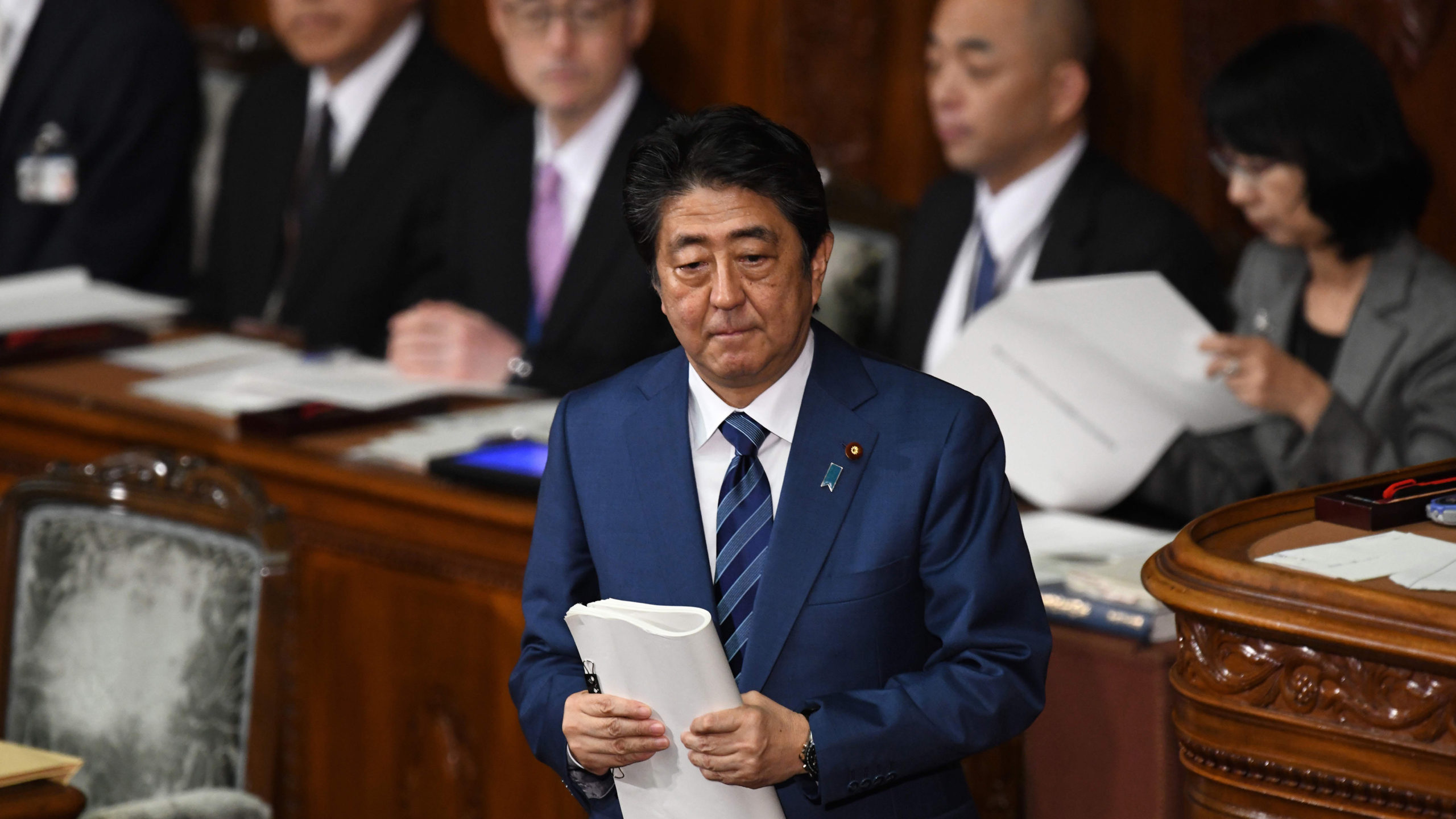
A new emergency leadership election was called, one which only included party leadership. They chose Yoshihide Suga as his replacement. However, it quickly became apparent that Suga was not leadership material. He received criticism for his mishandling of the pandemic as Japan fell behind in vaccinations with rising infections. His approval rating ended up plummeting to below 30%. He resigned and a new party leadership election was called and this time Fumio Kishida won the election. In order to obtain a new mandate from the people, he called an election just one month from the day of his inauguration.
The opposition smelled blood in the water. First, the LDP lost its iconic leader of the last 20 years, Shinzo Abe. Second, the party’s leadership was in shambles. In a matter of two years, the LDP was forced to hold two emergency leadership elections, was heavily criticized for their COVID policy, and had multiple cabinet reshuffles. Lastly, the opposition had a secret weapon: teamwork.
Japan has a multiparty first past the post system. This means whoever gets the plurality of votes instantly wins. In the past, the opposition had been hammered by the LDP. In some districts, they would win with only ⅕ or ¼ of the vote. However, this time, the opposition parties made a pact to run joint candidates in each election. This meant that each electoral unit’s elections would be between two candidates instead of six or seven.
The Japanese media, elite, and people were all ready for the LDP to fall. However, when the dust settled on the morning of November 1st, the LDP had won again.
Despite all the hurdles, the LDP had taken a clear majority in the House of Representatives. It was not because of Prime Minister Kishida’s approval rating, which is unusually low for a Prime Minister (around 40-45%). It is not because of the governmental system since the opposition had made each regional election a one-on-one. So why did the LDP win the election?
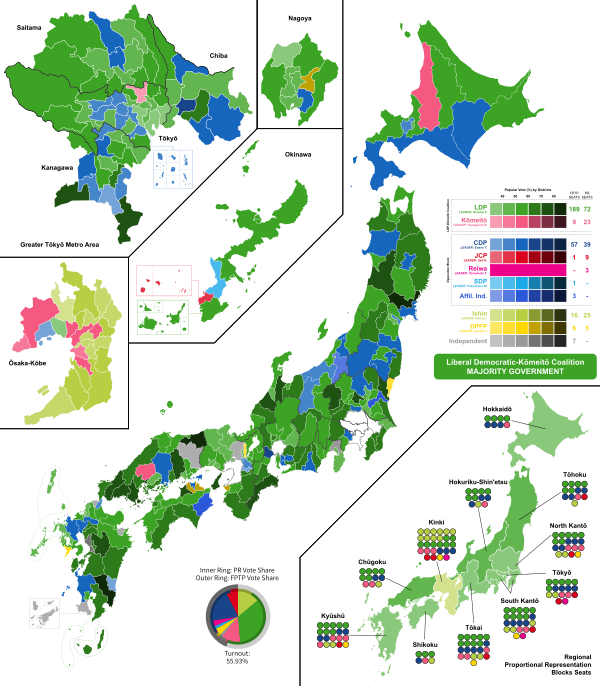
(Credit: 沁水湾/Wikipedia)
Unfortunately, the reality is that Japan has become a de facto one-party state. The LDP has ruled Japan for so long that Japanese people cannot imagine a stable government without LDP leadership. There is no one alive in Japan who can remember a time before the dominance of the LDP. When asked why they voted for the LDP most voters responded with one resounding answer: stability. Despite the fact that many people dislike the LDP and especially their COVID policy, the party has ingrained itself in the mind of Japanese society to the point of no return.
To be fair, the LDP has done this purely on a democratic basis. Their voters are conservative and tend to vote strategically for the most nationally right-wing outcome. However, most of the blame lays with opposition groups who, instead of uniting against the LDP, have fought each other for years. They allowed the LDP to rule for so long without too much contention. If an event as big as Shinzo Abe’s retirement couldn’t defeat the LDP, the question is what will? The LDP’s power could become very dangerous, as such a consecutive stint of power will eventually lead to powerful politicians further exploiting it.
The LDP has already begun to move in this direction. They have a strong funding bias where they give more funding to regions that voted for them. There is also a lot of corruption within the LDP. Their politicians have much more money for advertisement and election bids than the other parties. Given this, they have added monetary restrictions to political candidacy to strengthen their power. The LDP has also dominated much of the media and has a near-monopoly on global business connections. The biggest corporations in Japan are all, seemingly, their allies.
Japan is an interesting thought experiment for democracies. What can you do when a party has, through legitimate democratic means, garnered so much support that they threaten the very fabric of your democracy? Is Japan still a democracy or is it a democracy with significant problems?
Responding to accusations of anti-democratic tendencies, LDP politicians have said that they are extremely loyal to democracy. They are just obeying the democratic mandate the people keep giving them. Other Japanese lawmakers have suggested a new constitution, one that is a lot stronger, with more separation of powers and less room for corruption. Others argue that this is an inherent problem with democracy as a political system, one that you are unable to avoid.
For the foreseeable future, Japan will continue to be governed by the LDP for better or worse. Despite worries, many argue that the LDP has brought two important things to Japan: economic success and stability. In the future, it is up to the Japanese people to decide whether this is worth the trade-off that may be the weakening of their democracy.


